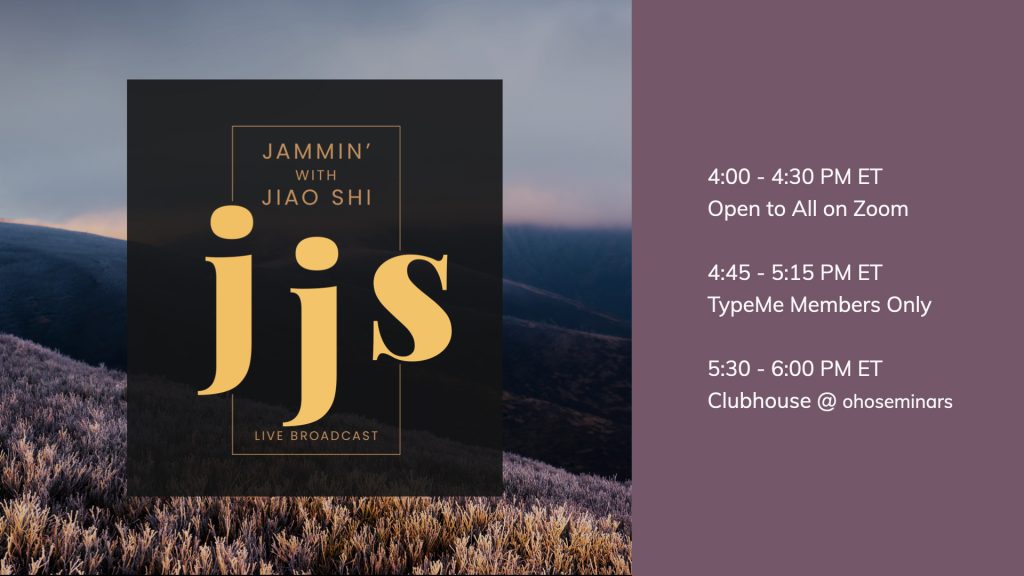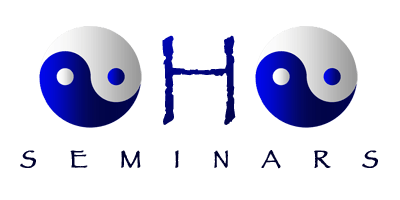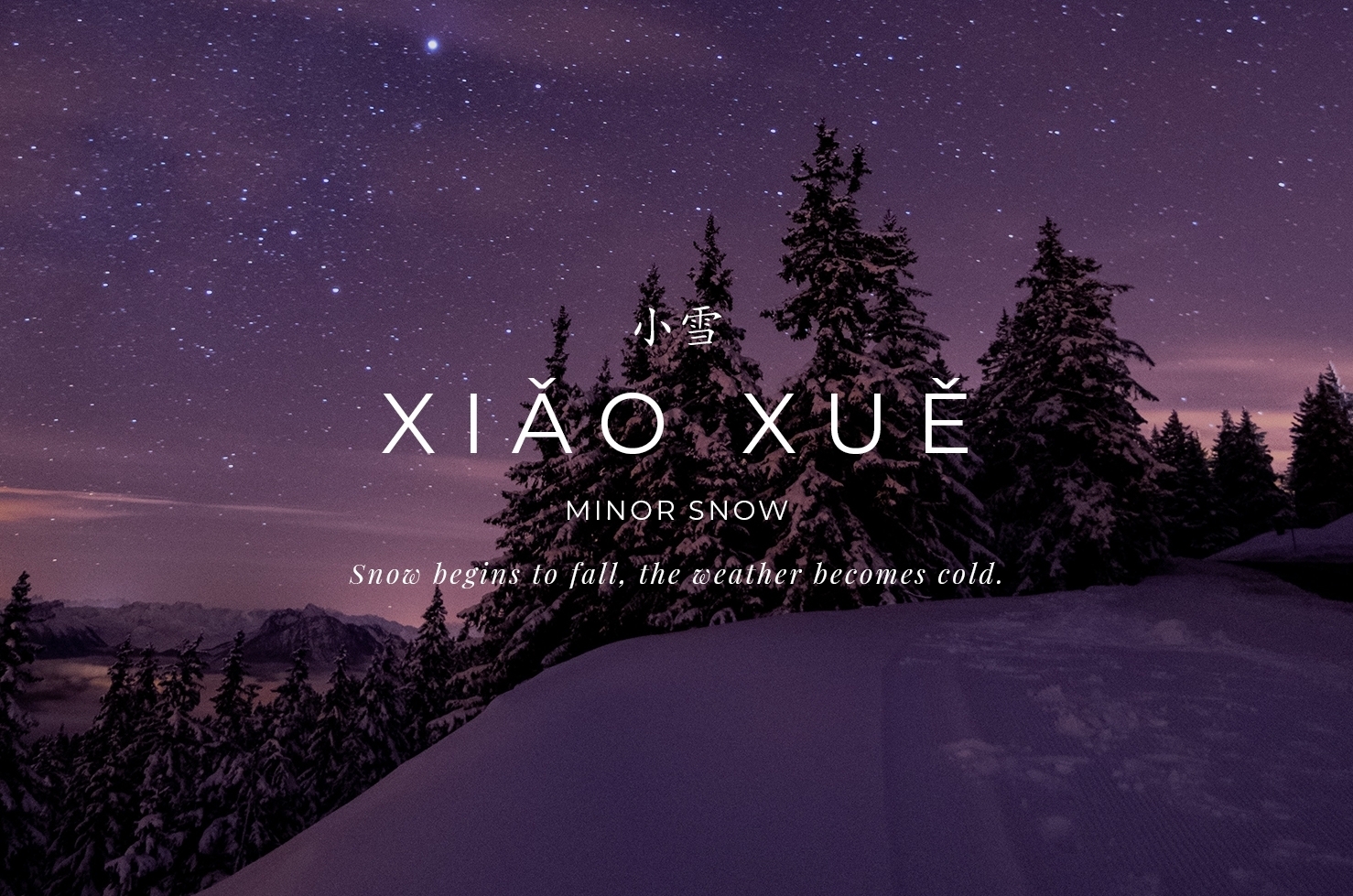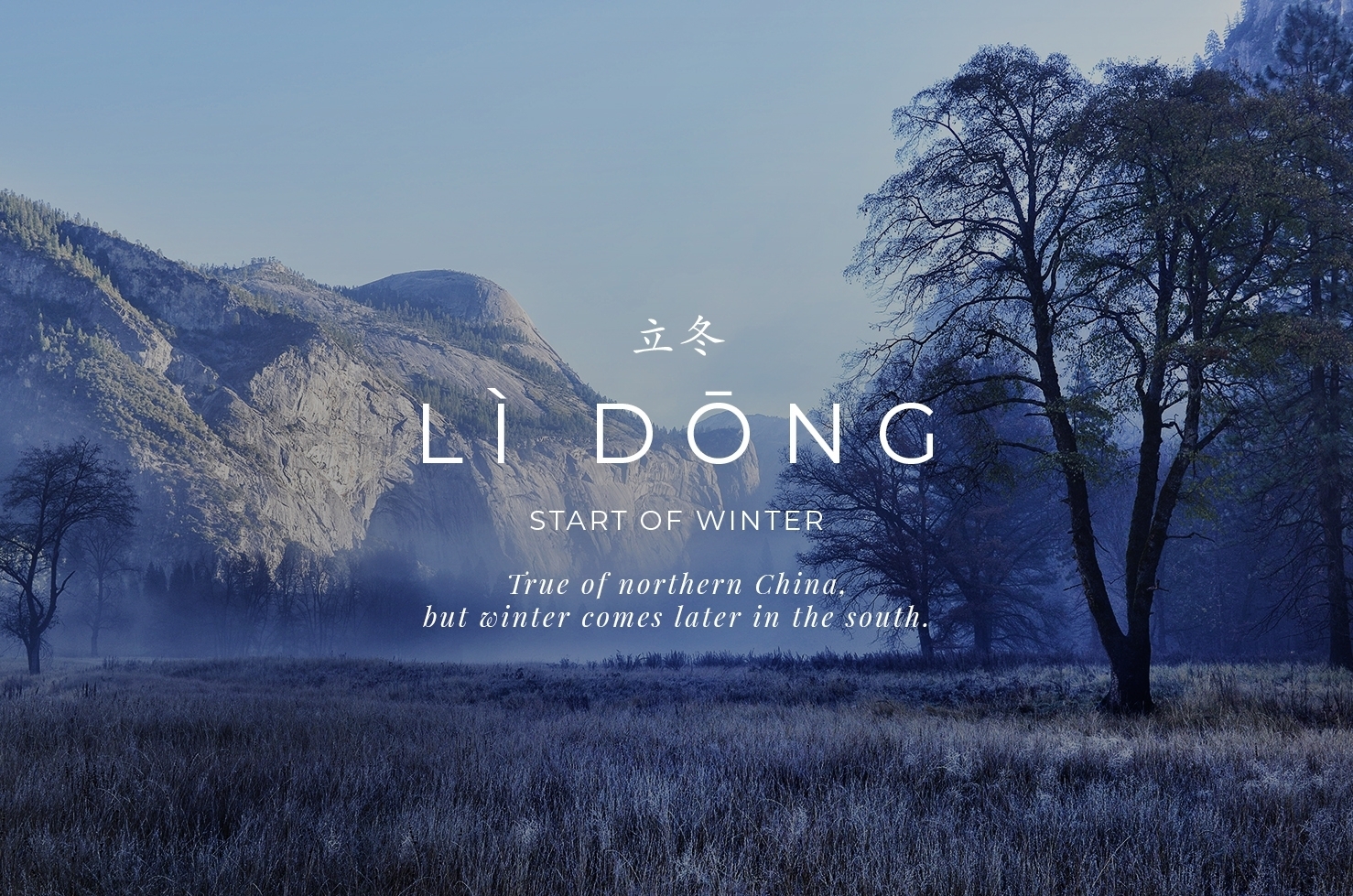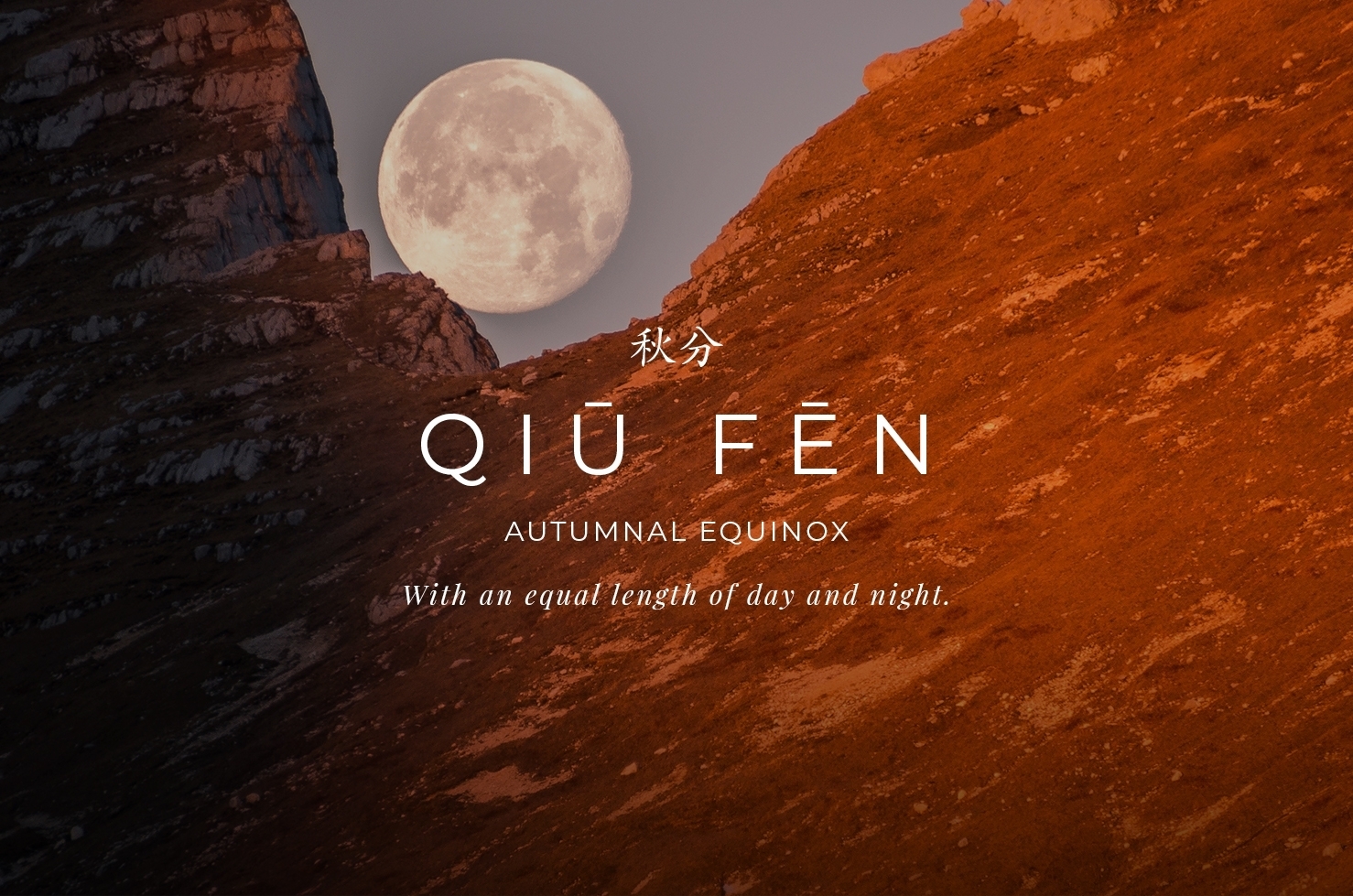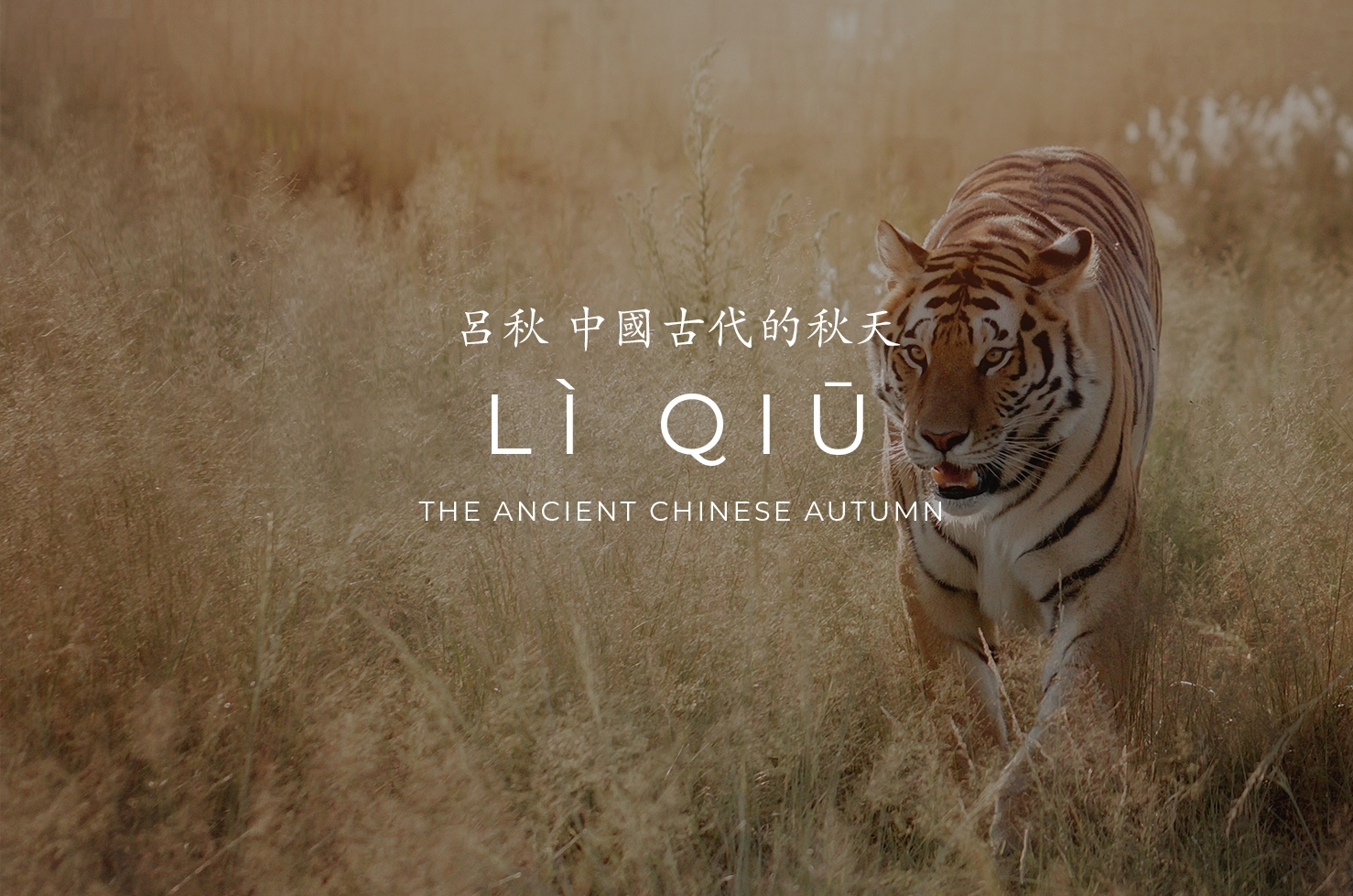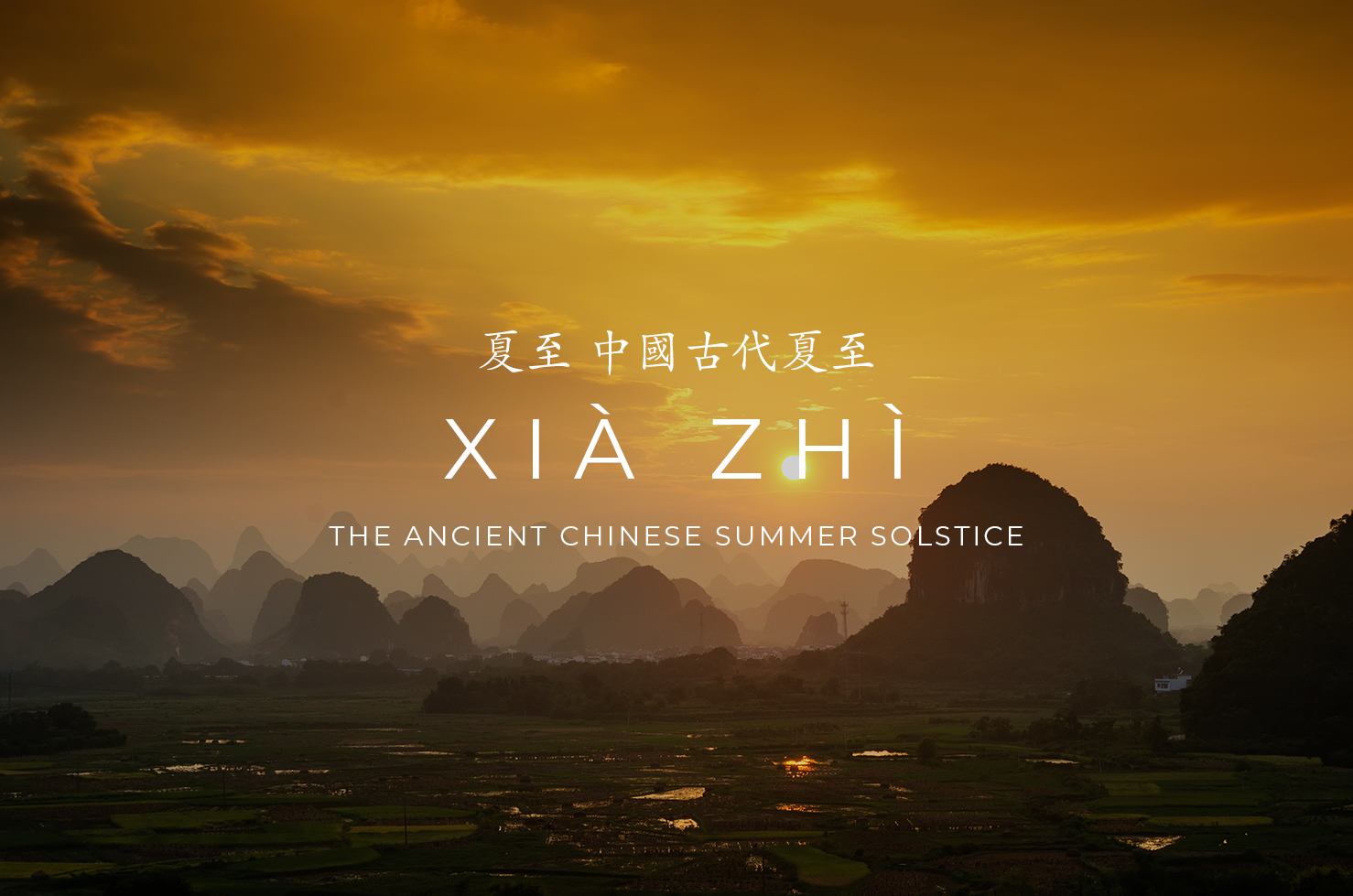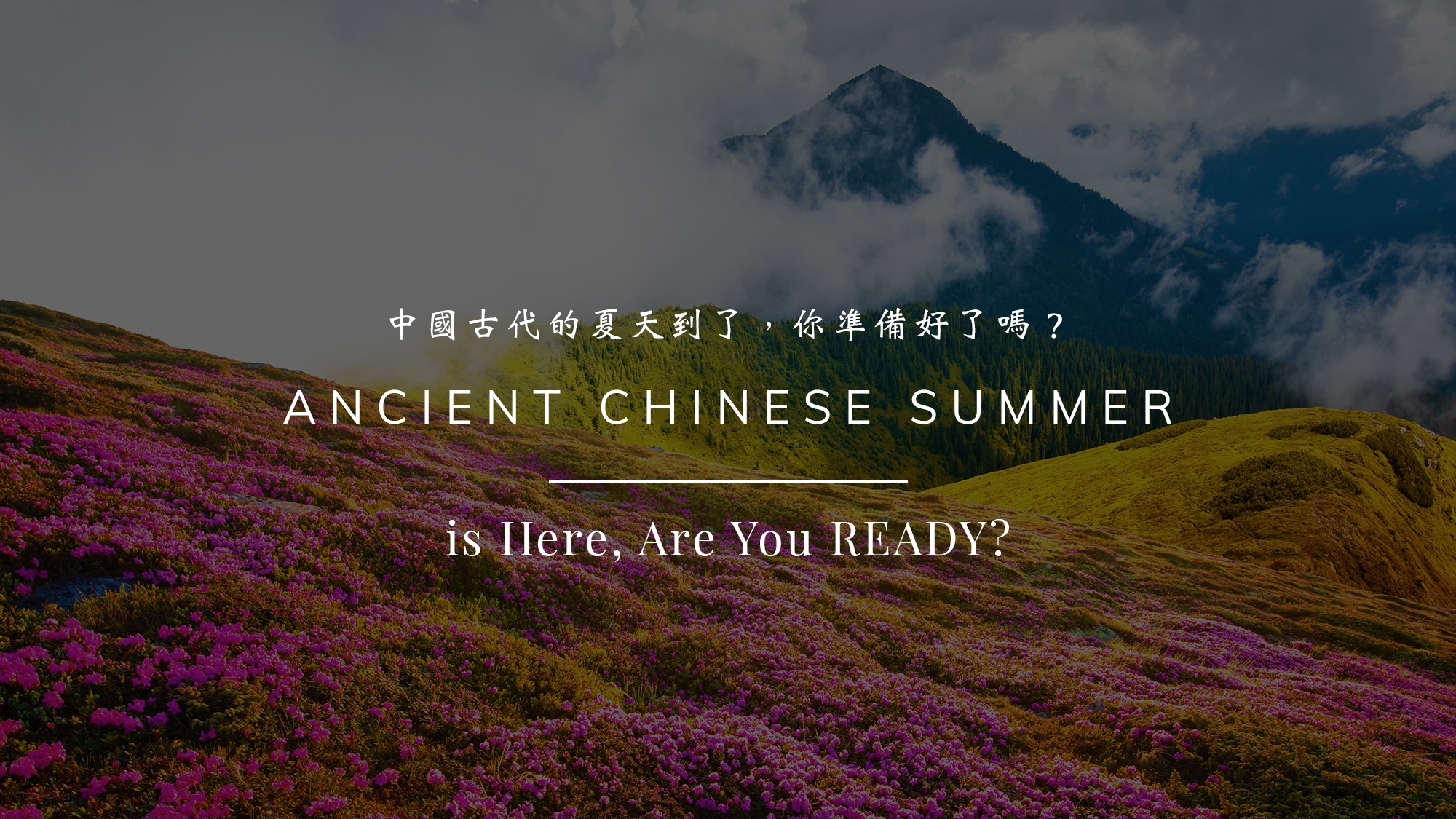立冬 Lì Dōng: The Ancient Chinese Season of Winter
Nourishing life according to the seasons as they unfold is one of the oldest forms of prevention. Aligning with the seasons leads to balance and harmony, the primary sources of well-being.
“The wise nourish life by flowing with the four seasons and adapting to cold or heat, by harmonizing joy and anger in a tranquil dwelling, by balancing Yin and Yang, and what is hard and soft. So it is that dissolute evil cannot reach the man of wisdom, and he will be witness to a long life.”
– 黃帝內經 Haungdi Neijing Su Wen (≈ 200 B.C.)
Sunday, November 7, 2021 marks the 19th term on the Ancient Chinese Solar Calendar of Li Dong立冬, and the start of the Ancient Chinese Winter. It begins when the Sun reaches the celestial longitude of 225° and ends when it reaches the longitude of 240°.
Li means “the beginning,” and Dong is “the end or the collection of everything.” Crops have been harvested and in many parts of the Northern Hemisphere animals have begun to hibernate.
According to the Chinese calendar, winter spans across 6 terms and completes the 24 term cycle:
Lì Dōng 立冬 – Start of Winter: The Earth begins to harden.
Xiǎo Xuě 小雪 – Minor Snow: Snow begins to fall, the weather becomes cold.
Dà Xuě 大雪 – Major Snow: It snows heavily for the first time in the year in certain parts of the planet.
Dōng Zhì 冬至 – Winter Solstice: The daytime is the shortest and the nighttime is the longest of the year.
Xiǎo Hán 小寒 – Minor Cold: The weather rapidly reaches its coldest.
Dà Hán 大寒 – Major Cold: This is the coldest time of the year.
Winter According to The Ancients
“The three months of winter are the period in which everything is closed and stored. Water freezes and the earth cracks, so that Yang remains dormant not to be disturbed. It is desirable to sleep early and get up late, to await the arrival of sunlight, so that the will remains dormant as if hiding or pretending, not unlike someone with private intentions, not unlike someone with all his desires already fulfilled. In, winter, one should avoid cold and remain warm and refrain from perspiring so that Yang energy will not be frequently attacked by cold energy.
This is the way of nourishing life in response to the energy of winter. To act to the contrary will cause injuries to the kidneys and one will suffer weakened limbs in spring, because he is bound to be short of energy to cope with the spring. To live against the trends of winter energy will lead to an inability of little Yin to store which brings about a descending of kidneys energy.”
~ 黃帝內經Huangdi Neijing Su Wen
Winter Indications
In Traditional Chinese Medicine, winter continues the phase of Yin energy as it builds to its climax. It corresponds with the Water element which represents the kidneys, the bladder, and adrenal glands.
It is also a time for introspection. Reduce physical activities to preserve the Qi (energy) required to repair and rejuvenate during this hibernation period of securing and storing.
This is the time to stay still, calm, be at peace and at rest.
The Water element is associated with the ear and bones, the emotion fear, the color blue, and the sound of crying. Likewise, the climate is cold and the taste is salty.
Kidney Qi Deficiency
One of the common symptoms associated with this season is Kidney Qi deficiency which is usually expressed by lack of energy, fatigue, pale face, impotence and infertility.
The 黃帝內經Huangdi Neijing Su Wen, Yellow Emperor’s Inner Classic connects the natural progression of human life (growth, development, reproduction and aging) and changes in bone conditions, controlled by the Kidney Essence. Therefore, it is important to nurture your kidney energy so that the bones are nourished during this time of year.
Focusing on storing pure energy and making sure the cold does not enter and reside in your body will help prevent disease in spring. Avoid excessive fear and resistance to change.
“This is the way of nourishing life in response to the energy
of winter. To act to the contrary will cause injuries to the kidneys and one will suffer weakened limbs in spring, because he is bound to be short of energy to cope with the spring.”
~黃帝內經Huangdi Neijing Su Wen
The following tips will assist you with maintaining your well-being during winter months and preparing for spring:
- Expose your body to the right type of sunlight at the appropriate time of day for just 10-15 minutes a day. (see our article on Your Body’s Dance with the Sun)
- Spend 10-15 minutes per day outside absorbing fresh oxygen.
- Drink Water!
- Daoyin and the Way of Softness & Harmonizing Your Training – Such breathing methods require a minimal amount of movement to achieve maximum results leading to internal peace and a calm emotional state.
Yíngyǎng (营养) Nutritional Corner – Ancient Chinese Winter
It is recommended in Traditional Chinese Medicine to eat warming foods and cooked foods during the Winter months. Avoid raw and cold foods as well as foods and spices that generate extensive heat.
ALL Body Types may try fruits such as Chia, Flax, Hemp, and Sesame Seeds.
If you are a Yang Body Type, consider adding more of the following fruits to your diet:
- Almonds
- Brazil Nuts
- Cacao
- Cashews
- Chestnuts
- Pecans
- Macadamia Nut
- Pili Nut
- Pine Nuts
- Pistacios
- Sunflower Seeds
- Walnuts
If you are a Yin Body Type, consider adding more of the following fruits to your diet:
- Hazelnuts
- Peanuts
- Pumpkin Seeds
- Soy Nuts
- Squash Seeds
- Tiger Nuts
- Watermelon Seeds
A Note From Jiao Shi
As we transition into the 6 terms of Winter, it is important to protect yourself from the wind and to keep your body warm. It is also a time for introspection, meditation, writing, and inward practices that connect us to our true selves.
Be calm, peaceful, and be sure to take some quiet time to yourself.
May you enjoy the Winter Season and stay warm!
Jiao Shi
